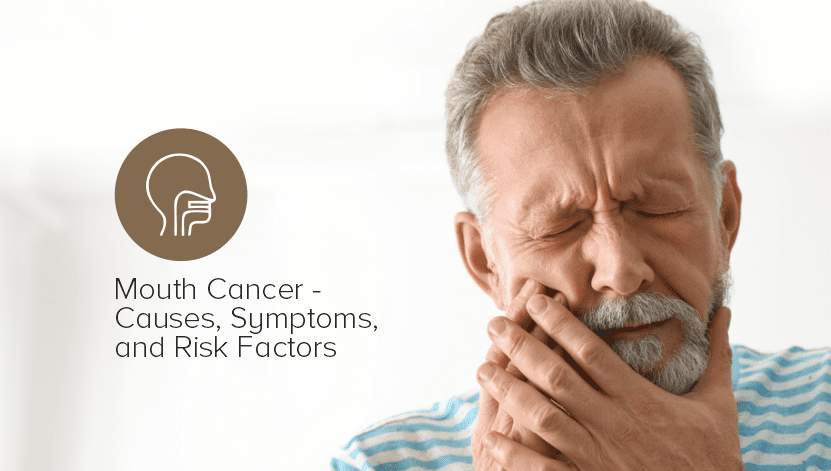Cancer is a disease that can affect any part of the body, and the mouth is no exception. Mouth cancer, also known as oral cancer, refers to cancer that develops in any of the parts that make up the mouth. It can occur on the lips, tongue, gums, the inner lining of the cheeks, the roof of the mouth, and the floor of the mouth under the tongue. Mouth cancer is a serious medical condition that requires early detection and treatment.
